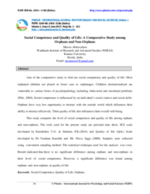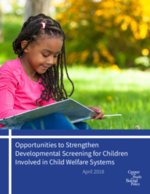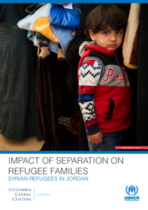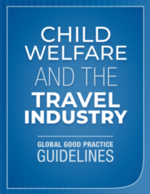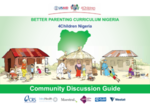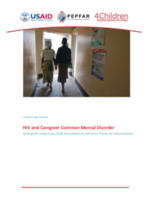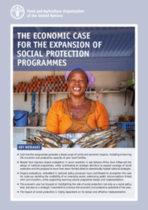A comparison of LGBTQ youth and heterosexual youth in the child welfare system: Mental health and substance abuse occurrence and outcomes
This study had two purposes; first to examine mental health disparities among LGBTQ youth and their heterosexual peers who are involved in the child welfare system, and second to observe the effectiveness of systems of care with youth in child welfare and if any differences exist between LGBTQ youth and heterosexual youth.

